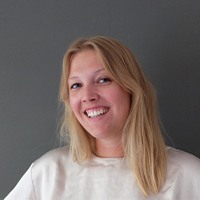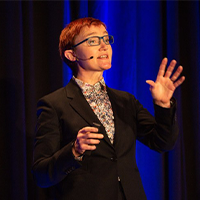Douglas Crockford is the author of_How JavaScript Works_ and_JavaScript: The Good Parts_. He was born in Frostbite Falls, Minnesota, but left when he was only six months old because it was just too damn cold. He turned his back on a promising career in television when he discovered computers. He has worked in television, learning systems, small business systems, office automation, games, interactive music, multimedia, location-based entertainment, social systems, and programming languages. He is the inventor of Tilton, the ugliest programming language that was not specifically designed to be an ugly programming language. He is best known for having discovered that there are good parts in JavaScript. That was the first important discovery of the 21st Century. He also discovered the JSON Data Interchange Format, the world’s most loved data format.
Most of our current programming languages are descended from Fortran and C. While they were important advancements in the 1950s and 1970s, they are crippled by the assumptions that were profoundly important at the time: memory was measured in kilobytes, and a program executed slowly in a single process in a single machine.
The descendant languages inherit this genetic weakness. We know that the languages we use are all deficient, so we keep adding features to them, but it seems there are never enough features. These languages will never be good enough.
In today's world, computers have literally a million times more memory than was available to C. That truth should excite us to consider designs that are free of the small memory constraint.
In today's world, programs are distributed. They run in many machines simultaneously, in various tiers and services and clients and servers, some under our immediate control, some we know are not under our control, and some that we think are under our control but are not. Our programming languages should be built specifically for this situation.
Our focus on bloating the old languages distracts us from the more fruitful path of migrating to new languages that are designed explicitly for networking, with fine grained security at the foundation.
You should not be limited by your grandfather's language. You deserve something better. This talk will suggest a possible way forward.













































